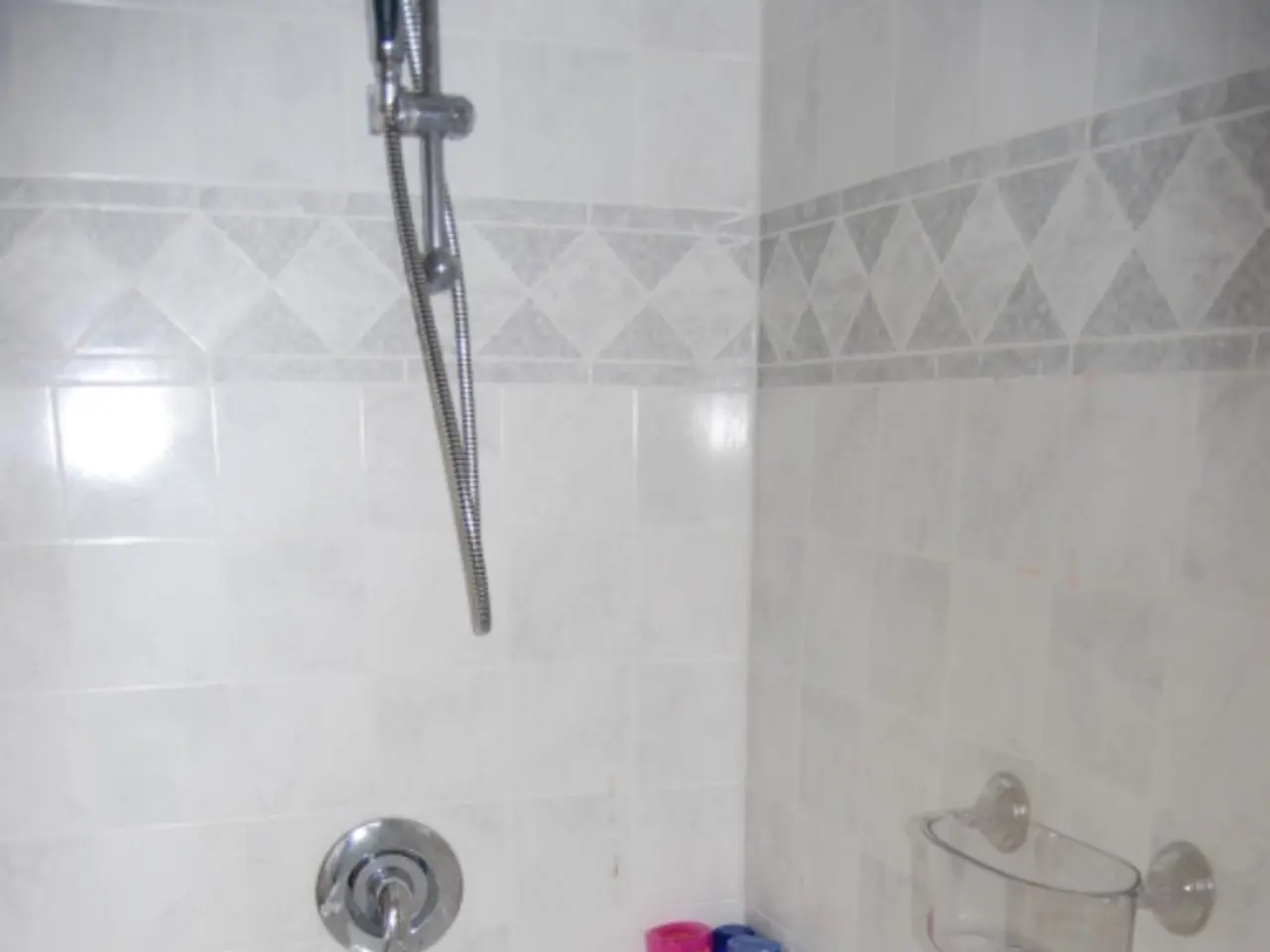Homeowners Fight High Humidity with Coarse Sea Salt
Homeowners are turning to a simple and natural solution to combat high air humidity: coarse sea salt. This method, while effective, has its pros and cons, and experts suggest considering other methods as well. Let's delve into the details.
Coarse or sea salt is ideal for moisture absorption due to its size and crystal structure. It works by attracting and storing water from the surrounding air, a process known as hygroscopy. To use it, simply place half a kilogram of coarse salt in a container and position it in areas prone to high humidity, such as cellars or bathrooms.
However, it's crucial to monitor air humidity levels using a hygrometer to determine when salt placement is necessary. Regular ventilation and structural measures are recommended over using salt for moisture control. Even in well-ventilated houses, moisture can cause damage and health issues if not addressed.
While salt can be a useful household remedy, it's not a long-term solution. Once saturated, the salt should be replaced to continue absorbing moisture. Moreover, using salt as a long-term solution can have environmental impacts.
In conclusion, coarse sea salt can be an effective short-term solution for controlling moisture in high humidity areas. However, it's important to consider other methods such as regular ventilation and structural measures. Always monitor humidity levels and replace the salt when necessary. For a more sustainable and efficient solution, consider heat pumps, which are encouraged over traditional electric direct heating systems in many regions, including Hamburg, Germany, effective from 2026.




